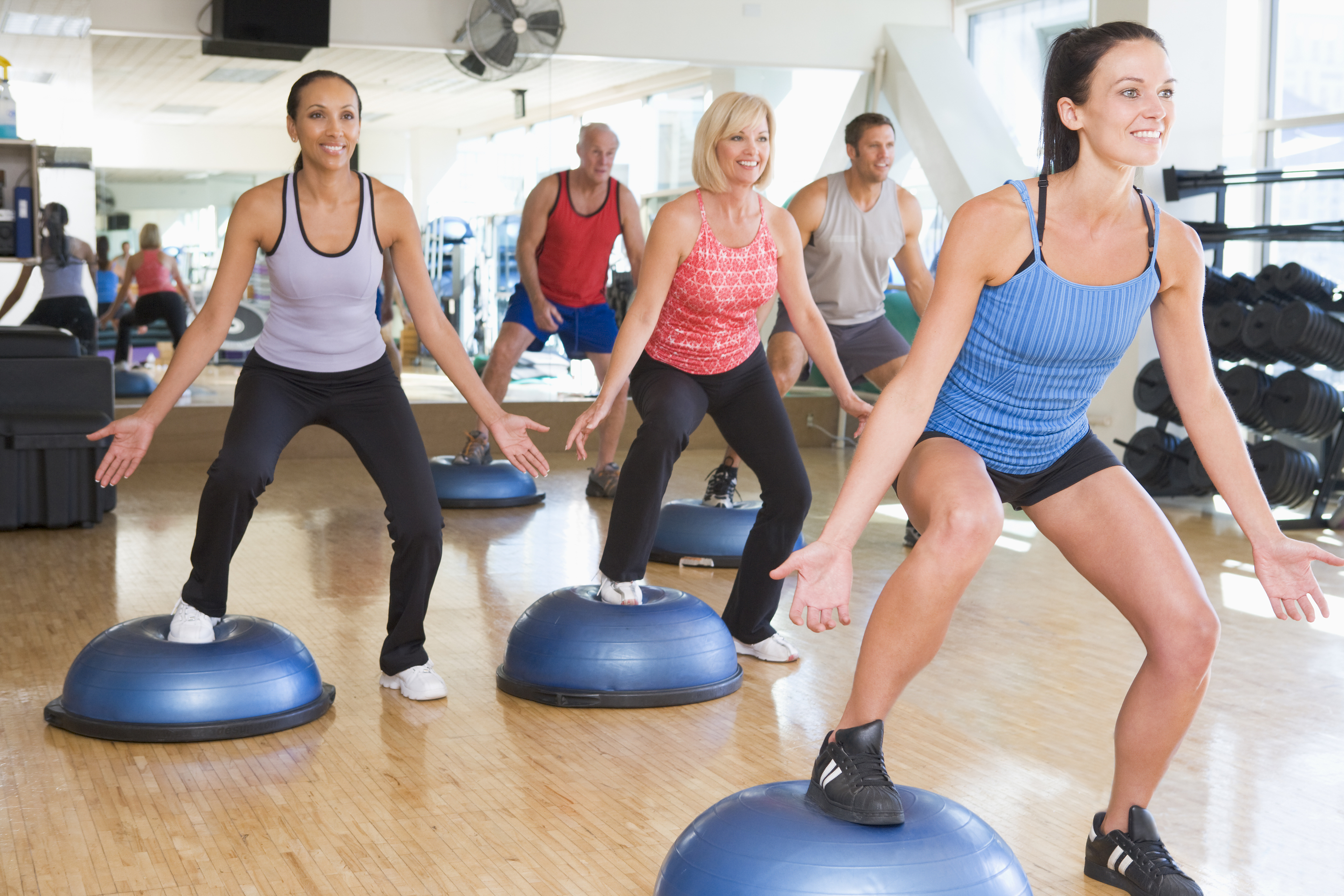

Good eating skills and exercise are paramount for disease elimination
Good eating skills and exercise: Smoking, weight gain and quitting
When making reference to good eating skills and being physically active, a lot goes on in mind. Do I need to go to school to be taught on how to eat? Or should I join a gym for gym instructors to teach me on weight loss? All these are genuine concerns. But for you to understand, doctor Dalal Akoury MD President and founder of AWAREmed health and wellness resource center says that smoking, weight gain and quitting are very interesting more so when considering the life of most ex-smokers. The fact is that many ex-smokers would eat more in the first few weeks after quitting. This behavior may allude to the following:
- The sudden withdrawal of nicotine from their system may cause the feeling of emptiness and by extension mimic the feeling of hunger pangs. This may actually convince the smoker into thinking that they are hungry when they are not.
- Missing the oral satisfaction of putting a cigarette into their mouths prompts some ex-smokers to substitute food for cigarettes. Instead of lighting up, they eat something.
- Food can be comforting. If an ex-smoker is having a hard time during the withdrawal period, they may reward themselves with treats and snacks in an attempt to feel better.
- Some smokers regularly skip meals for example; breakfast may be a cup of coffee and a couple of cigarettes. Once you stop smoking, you may find that you don’t feel like skipping meals anymore.
- Many ex-smokers find that food tastes better, and this may lead to more helpings.
Good eating skills and exercise: Tips on healthy eating and exercise
The following are some of the suggestions for consideration about healthy eating and exercise:
- Exercise more often – being inactive is a risk factor for weight gain. Aim for around half an hour of moderate activity every day, for example, brisk walking, gardening, swimming or cycling.
- Muscle tissue burns more kilojoules than fat. You can boost your metabolic rate by including one or two weight training sessions into your weekly exercise program to build up muscle.
- Don’t crash diet. If you eat too few kilojoules, the body will respond by lowering the metabolism and burning muscle tissue for fuel.
- It can be tricky telling the difference between hunger pangs and withdrawal cravings. Get into the habit of ‘listening’ to your body before you decide to eat something.
- It takes about 15 minutes for your stomach to signal your brain that it’s full, so wait before having second helpings. You might find you don’t want it after all.
- Find ways other than eating to cope with withdrawal cravings. Some people drink water.
- Put safe, non-edible items in your mouth if oral cravings bother you. For example, you could use cinnamon sticks, or chew sugarless gum.
- If you need to snack, keep raw vegetable sticks and other low-fat, low-kilojoule foods on hand.
- Eat more fruit, vegetables, and wholegrain foods.
- Cut back on high-fat, high-salt and high-sugar products.
- Be kind to yourself if you do put on a few kilos. You are boosting your health by quitting.
Finally this is not a very good situation one should be in, however, if you happen to be suffering from the two, then schedule an appointment with doctor Akoury today for in-depth professional assistance.
Good eating skills and exercise: Smoking, weight gain and quitting
http://www.awaremednetwork.com/

0 comments
Write a comment